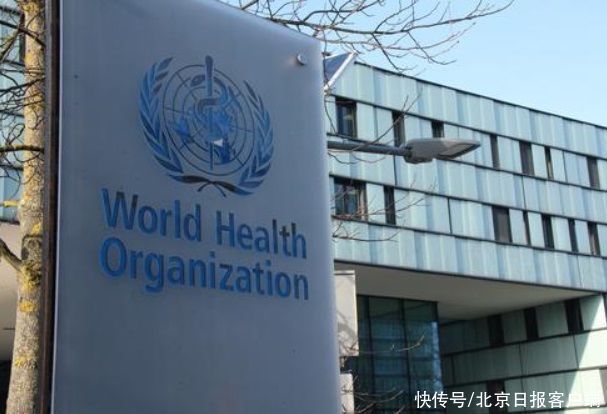The World Health Organization said on the 23rd that as of the 21st, 12 countries had reported acute hepatitis of unknown etiology in children, and at least one death had occurred.

Data mapSource: Xinhua News Agency
WHO issued a communiqué saying that it has received At least 169 cases of acute hepatitis of unknown etiology have been reported in children, 114 of them in the UK. Cases have also been reported in the United States, Spain, Israel, Denmark, Ireland, the Netherlands, Italy, Norway, France, Romania and Belgium. Patients ranged in age from 1 month to 16 years. 17 patients required liver transplantation.
WHO did not provide details such as the country where the death occurred.
Many reported cases have symptoms including abdominal pain, diarrhea, and vomiting, and most cases are asymptomatic. Five common hepatitis viruses A, B, C, D, and E were not detected in all reported cases.
One type of adenovirus was detected in at least 74 cases, of which 18 were confirmed to be infected with adenovirus type 41; the new coronavirus was detected in 20; Adenovirus and SARS-CoV-2 were detected.
The WHO says adenovirus is a hypothetical cause of infection in these patients, but not sufficient to explain the current situation.
Dozens of adenoviruses are known, many of which are associated with cold symptoms, fever, sore throat, and more. Adenovirus type 41 is commonly associated with diarrhea, vomiting, fever, and often respiratory symptoms. Hepatitis following adenovirus type 41 infection has not been previously reported in immunocompetent children.
Since the vast majority of patients have not been vaccinated against the new crown vaccine, it can now be considered that their hepatitis is not a side effect of the new crown vaccine.
WHO is closely monitoring the situation and is working with the UK Health Department and other members and partners.